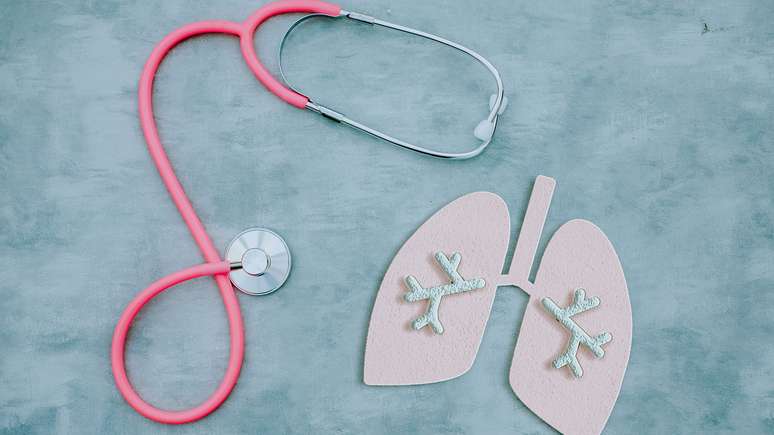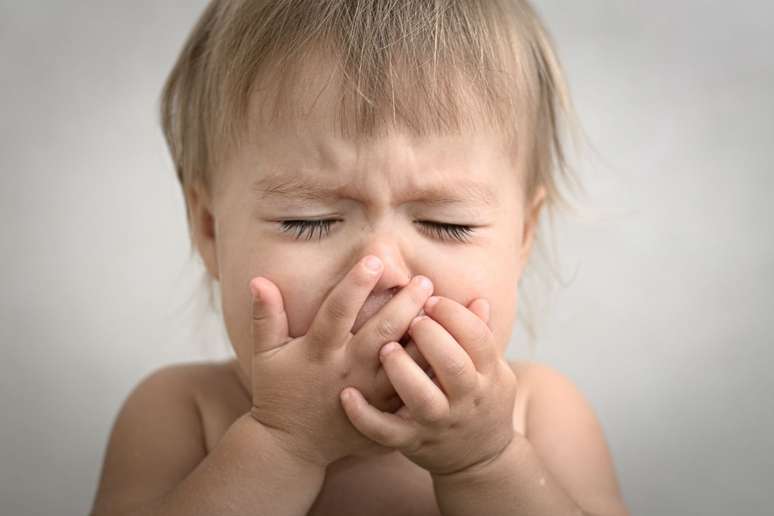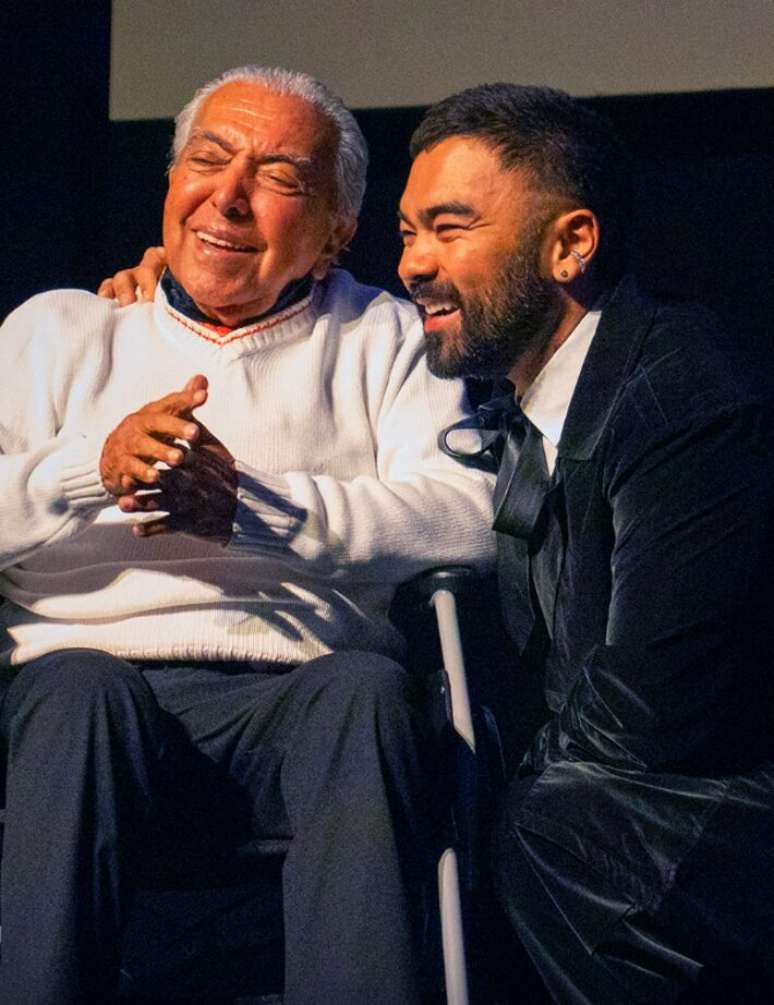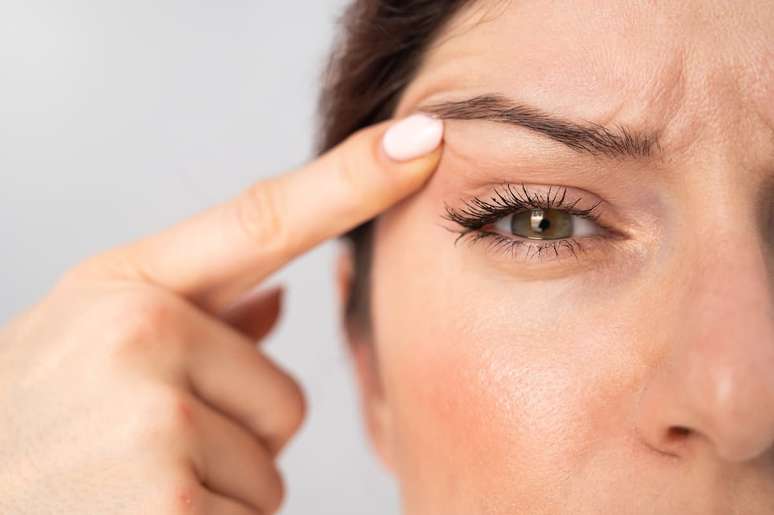The disease is more common than you might think and usually affects children from six months old. Find out the symptoms, cure and treatment
Fever, dry cough, shortness of breath… symptoms of bronchiolitis it can be very similar to the flu. The disease, which affects children and usually lasts for about seven days, causes a lot of discomfort for the little ones. “This is a disease that mistreats. It’s not freshness.
html[data-range=”xlarge”] figure image img.img-acddc31377bd0f299daa2ac14560cf51oyr5lhgm { width: 774px; height: 516px; }HTML[data-range=”large”] figure image img.img-acddc31377bd0f299daa2ac14560cf51oyr5lhgm { width: 548px; height: 365px; }HTML[data-range=”small”] figure image img.img-acddc31377bd0f299daa2ac14560cf51oyr5lhgm, html[data-range=”medium”] figure image img.img-acddc31377bd0f299daa2ac14560cf51oyr5lhgm { width: 564px; height: 376px; }
The child becomes tired, prostrate. Even if most of the time there are no major complications, he needs to recover well to return to his activities,” underlines Daniel Wagner Santos, infectologist at the São Luiz Jabaquara Hospital and the Criança Hospital, in São Paulo. To calm down families, we spoke to the specialist and resolved all doubts on the subject.
1. What is bronchiolitis?
It is an inflammation of the small airways that reaches the bronchioles. The disease is very common in children and usually affects children aged six months to 2 or 3 years of age. The problem is that it can develop into something more serious, like pneumonia.
2. What are the symptoms of the disease and how can parents differentiate it from the common cold?
Babies are tired, short of breath and wheezing. A dry cough, fever and runny nose may also appear when the nose starts to run. It is, yes, similar to a cold, but usually gives bronchiolitis more shortness of breath and exhaustion.
3. Are some children more likely to get the disease?
YES. Premature babies and those who have asthma or bronchitis are more prone than others.
4. Is bronchiolitis transmitted by viruses or bacteria?
It is caused by viruses. The most classic that exists is the respiratory syncytial virus, the VSR, which is very common in this age group and is easily transmitted from person to person. Children confined to the house – in kindergartens and schools, for example – in rainy or colder periods of the year, such as autumn and winter, are more prone to the disease.
5. How can parents protect their children?
RSV is transmitted through contact with contaminated droplets. Therefore, it is essential to wash your hands well with soap and water and to use gel alcohol. Avoiding contact with people who are sick and have colds at home is another way of prevention.

6. Can the flu vaccine also help protect the child from bronchiolitis?
NO. It only immunizes against the flu. There is still no vaccine for respiratory syncytial virus.
7. How is the disease treated?
Above all, bronchiolitis is self-limiting. That is, the virus enters, cycles, exits and the organism recovers instantly. Treatment is not specific to the virus, but based on symptoms. For example, if you have a fever, you are prescribed an antipyretic; if the nose is runny, nasal washing is recommended.
The virus tends to follow its normal period, except when the the disease becomes more complicated and develops into a more intense lung condition, such as pneumonia – or when bacteria take advantage of the situation and cause a bacterial infection. Only in this case the use of an antibiotic is prescribed.
8. How long does it take for the baby to heal?
usually inside about 7 days the child is cured. Of course, in some cases it may take a little longer. It is also worth mentioning that the disease reaches its peak around the third day.
9. When symptoms of bronchiolitis are noticed, is it better to take the child to the emergency room or make an appointment with the pediatrician?
If she is short of breath, with a higher respiratory rate and very tired, it is time to take her to the hospital emergency room for an evaluation. That doesn’t mean they’re going to pawn her, but that’s me important to see if there is any risk of not complicating the disease. If in doubt, always consult a doctor.
10. Is there a risk that the child will be hospitalized due to bronchiolitis?
Yes but only if it progresses to pneumonia or something more serious. In some cases, they may be hospitalized for 1 or 2 days, just to be on the safe side.
Source: Terra
Ben Stock is a lifestyle journalist and author at Gossipify. He writes about topics such as health, wellness, travel, food and home decor. He provides practical advice and inspiration to improve well-being, keeps readers up to date with latest lifestyle news and trends, known for his engaging writing style, in-depth analysis and unique perspectives.








